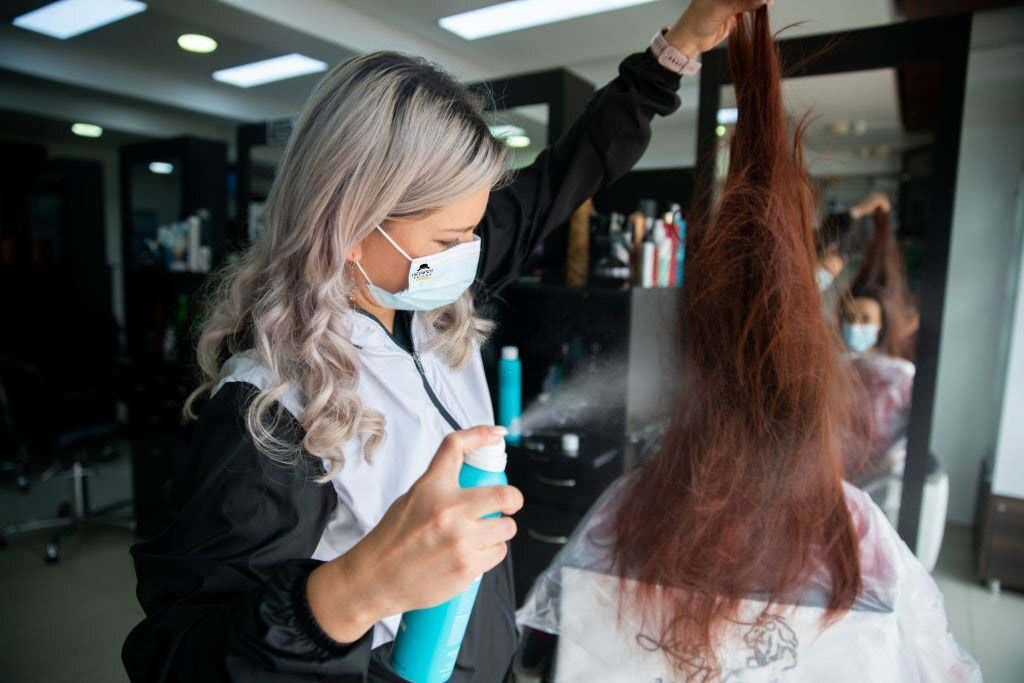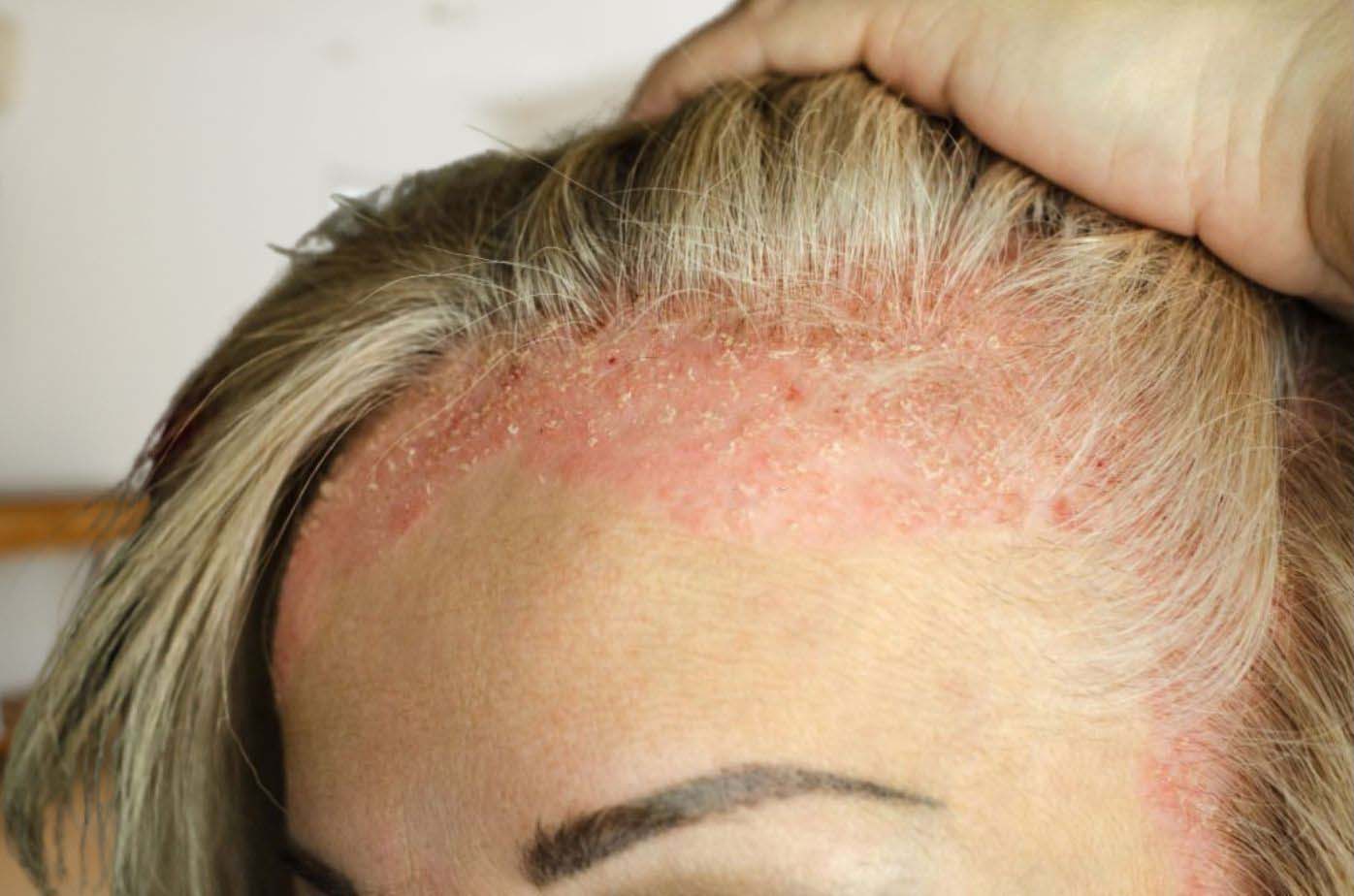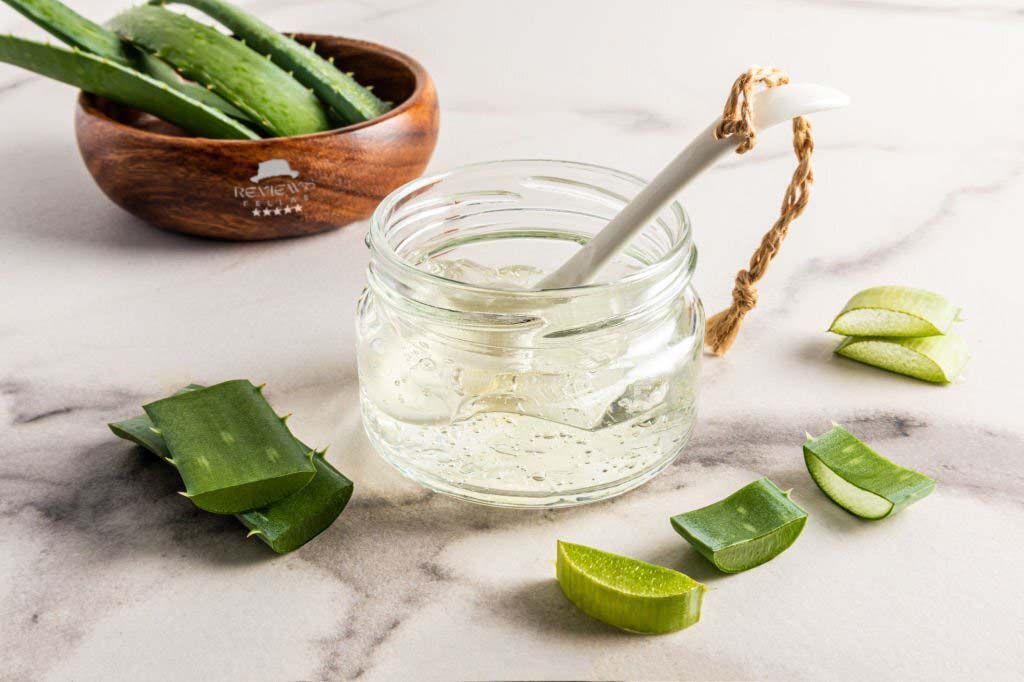Dandruff, a common scalp condition that causes flaking and itching, affects millions worldwide. While many factors can contribute to dandruff, including stress and poor hair hygiene, some wonder if this condition has a genetic component.
Is dandruff genetic? Or is it purely a result of environmental factors? This question has been the subject of many scientific studies and is of great interest to those suffering from this condition. The short answer is yes; dandruff is genetic.
Here, I will delve into the various causes of dandruff and how genetics may play a role in its development. Furthermore, I will discuss different tips to minimize dandruff and its complications. By the end of this informative article, readers will better understand the relationship between genetics and dandruff and be better equipped to manage their scalp condition.
Is Dandruff Genetic?
Research has shown that genetics can play a role in dandruff. According to research articles, those who have dandruff in their families are more likely to get it themselves. This shows that dandruff could have a hereditary component.
Let's look at and explore why genetics can play a role in dandruff.
Sebum Production
The scalp naturally produces sebum, an oil that serves to hydrate both the hair and the scalp. Nonetheless, excessive sebum production can create an environment conducive to the proliferation of yeast and fungus, triggering the onset of dandruff.
Sebum production is influenced by genetic factors, with specific genes linked to heightened sebum production. This increased production of sebum may contribute to the emergence of dandruff.
Immune System Function
The preservation of one's physical well-being is entirely dependent on the efficient and effective functioning of the immune system in safeguarding the body against potential infections and illnesses. In the case of dandruff, the immune system might also contribute to its development of it. Genetics can affect the function of the immune system, and some genetic variations may increase the risk of developing dandruff.
Skin Cell Turnover
Dead skin cell shedding is typical of the skin's natural regeneration process. Yet, dandruff sufferers have increased skin cell shedding, which results in distinctive dandruff flakes. The skin cell turnover rate can be influenced by genetics, and some genetic variants may make people more likely to get dandruff.
Hormonal Factors
Did you know that hormones can also be a culprit for dandruff? Yes, it's true! Androgen hormones, like testosterone, can actually stimulate the production of sebum on your scalp, making dandruff worse.
To make things even more complicated, genetics can also play a role in how sensitive you are to these hormones, which can increase your likelihood of developing dandruff. So if you're struggling with dandruff, it's possible that both your hormones and your genes are involved.
Scalp Microbiome
A variety of microorganisms, mainly bacteria, and fungi, live on the scalp. According to studies, the microbiome of the scalp may contribute to the emergence of dandruff. Genetic influences may have a changed composition on the microbial ecosystem of the scalp.
There may be a connection between genetics and skin health since several genetic differences have been identified as prospective risk factors for the development of dandruff.
Other Than Genetics, What Factors Can Cause Dandruff?

While genetics are a significant component in the emergence of dandruff, other variables can also be at play. These elements consist of the following:
Hormonal Changes
The body's hormones can have an effect on sebum production, the natural oil generated by the scalp. The yeast Malassezia can overgrow when sebum becomes more abundant, which can result in dandruff. Dandruff can be made more likely by hormonal changes that occur during adolescence, pregnancy, and menopause.
Skin Conditions

Psoriasis and Eczema, in particular, have been known to cause an uptick in scalp sensitivity and inflammation, creating prime conditions for dandruff to thrive. The autoimmune disease psoriasis is a notorious culprit, leaving scaly, red patches in its wake, even on the scalp. Contrarily, the skin condition eczema likes to cause difficulties since it causes swelling, redness, and an unquenchable itch.
Yeast Overgrowth
Most people's scalps contain a kind of yeast called Malassezia. However, an abundance of Malassezia can create inflammation and irritation, which can result in dandruff. The likelihood of Malassezia overgrowth can rise in response to a number of variables, including hormonal fluctuations, stress, and certain drugs.
Stress
Can stress cause dandruff? Yes, it does. Stress can cause a hormonal imbalance in the body, leading to an enhanced amount of sebum production.
This increases the risk of stress-induced dandruff. In addition, stress diminishes the power of our immune response system, making the scalp susceptible to yeast overgrowth and other skin conditions.
Poor Hygiene
Dandruff can develop as a result of an accumulation of dead skin cells, oil, and product buildup brought on by insufficient or infrequent shampooing of the hair. Dandruff risk may be decreased by maintaining proper scalp hygiene, which includes routine washing and light exfoliation.
Diet
Dandruff can arise from a diet that is deficient in essential minerals, including zinc, B vitamins, and omega-3 fatty acids. Zinc is a necessary element that is extremely important for maintaining a healthy scalp. Dandruff can form on the scalp if it is overly greasy or too dry.
Contrarily, B vitamins assist in controlling sebum production, maintaining the balance and health of the scalp. The body is unable to synthesize omega-3 fatty acids, making them essential fatty acids that must be consumed through food. They are anti-inflammatory and can help lessen scalp irritation.
Use of Hair Products
Hairsprays, gels, and mousses are just a few examples of hair products that can build up on the scalp and result in dandruff. It's crucial to pick hair products that are kind to the scalp and don't irritate it and to refrain from using them excessively.
Cold Weather
In the winter, the dry, itchy scalp that results from low humidity and dry air can contribute to dandruff. In order to lower the chance of developing dandruff throughout the winter, it is crucial to maintain the scalp hydrated.
Medications
Specific prescription treatments, including lithium, some antifungal medications, and some beta-blockers, may make it more likely that you'll have dandruff. It's crucial to consult a scalp dermatologist if you're taking medication and start to develop dandruff to find out if the medicine is to blame.
Dry Scalp vs Dandruff: Are Dry Scalp & Dandruff The Same?

Two typical scalp disorders that can be uncomfortable and embarrassing are dandruff and dry scalp. Although they could exhibit some similarities in their symptoms, they are not the same thing. Let's examine the distinctions between Dandruff and Dry Scalp.
Some Common Treatment Options For Dandruff

Dandruff is a common problem that may be embarrassing and uncomfortable. It's not a significant medical issue, but dealing with it can be not easy. Thankfully, there are various treatment options available to help control dandruff and lessen its symptoms.
Medicated Shampoos
Anti-dandruff shampoos are very inferior when it comes to dandruff. In fact, some individuals even complained that dandruff shampoo makes it worse. The most popular kind of dandruff therapy is medicated shampoo.
They have active components, including salicylic acid, pyrithione zinc, and ketoconazole, that can aid in reducing the amount of yeast development on the scalp. To get the most remarkable effects, use these shampoos on a regular basis as recommended by the manufacturer.
Topical Creams and Lotions
Dandruff can also be treated with topical creams and lotions that include antifungal ingredients like ciclopirox or ketoconazole. These items are applied straight to the scalp, allowed to sit for a while, and then washed out. Topical corticosteroids can also be applied to lessen the irritation and inflammation brought on by dandruff.
Phototherapy
In phototherapy, light is used to cure dandruff. It functions by exposing the scalp to ultraviolet (UV) light, which can also stop the yeast from growing on the scalp. Although this course of therapy is usually regarded as successful and safe, only some may be good candidates.
Lifestyle Changes
Adopting certain lifestyle adjustments might also assist in managing dandruff. Regular hair washing, avoiding harmful hair products, minimizing exposure to severe temperatures, and stress management is a few of them.
Alternative Therapies
Dandruff could be treated with several complementary therapies, such as oil from tea trees and aloe vera. Despite the paucity of data, several studies have suggested that these home treatments can help lessen dandruff symptoms.
It's vital to remember that dandruff treatment choices might change based on the condition's severity and the patient's particular symptoms. A dermatologist for the scalp should always be consulted for suggestions on a specific course of therapy.
Tips to Avoid and Minimise Dandruff
Many people find that having dandruff is an upsetting and unpleasant condition. Thankfully, there are a number of guidelines and tactics that can help prevent and lessen dandruff. Keeping up with proper hair hygiene is one of the most crucial tasks.
This involves routinely using a gentle, pH-balanced shampoo to cleanse the hair and scalp. Dandruff may also be avoided by avoiding harsh washes and overusing hair styling products. A balanced diet, in addition to excellent hair cleanliness, can impact dandruff.
Consuming a nutritionally balanced diet enriched with essential minerals, omega-3 fatty acids, and vitamin B can effectively mitigate inflammation and promote optimal skin health. Deep breathing, exercise, and meditation are all effective stress-reduction methods that can also lower your chance of developing dandruff.
Last but not least, dandruff scratch should be avoided at all times, as scratching dandruff on the scalp can cause infection. These recommendations can help people effectively treat dandruff while also enhancing the condition and general look of their hair and scalp.
Conclusion
While dandruff can be a bothersome condition to deal with, it is crucial to understand that it is largely genetic. While certain factors such as stress, lack of sleep, and harsh hair products can exacerbate the symptoms, ultimately, genetics play the biggest role in who is affected.
Knowing this can help individuals manage their expectations and find the most effective treatments for their specific case of dandruff. It is always best to follow the above-mentioned tips as well as consult a dermatologist for personalized advice and treatment options.
Frequently Asked Questions (FAQs)
Question 1: Can hard water cause dandruff?
Answer 1: Indeed, hard water can cause dandruff. Excessive mineral concentrations in hard water, such as magnesium, calcium, and iron, can build up on the scalp and result in dandruff.
Question 2: Can stress cause dandruff?
Answer 2: Yes, stress can cause dandruff.
Question 3: Does wearing a hat cause dandruff?
Answer 3: Although it is not the direct cause of dandruff, wearing a hat could make it worse. A hat that is overly tight or made of a material that is impermeable to perspiration can make the scalp sweaty and irritated, which can make dandruff symptoms worse. Yet it's doubtful that just wearing a hat will result in dandruff.
Question 4: Does conditioner help with dandruff?
Answer 4: Of course, conditioners can help with dandruff as They may widen the cuticles in your hair, allowing the scalp oil to flow from the roots to the tips readily.


